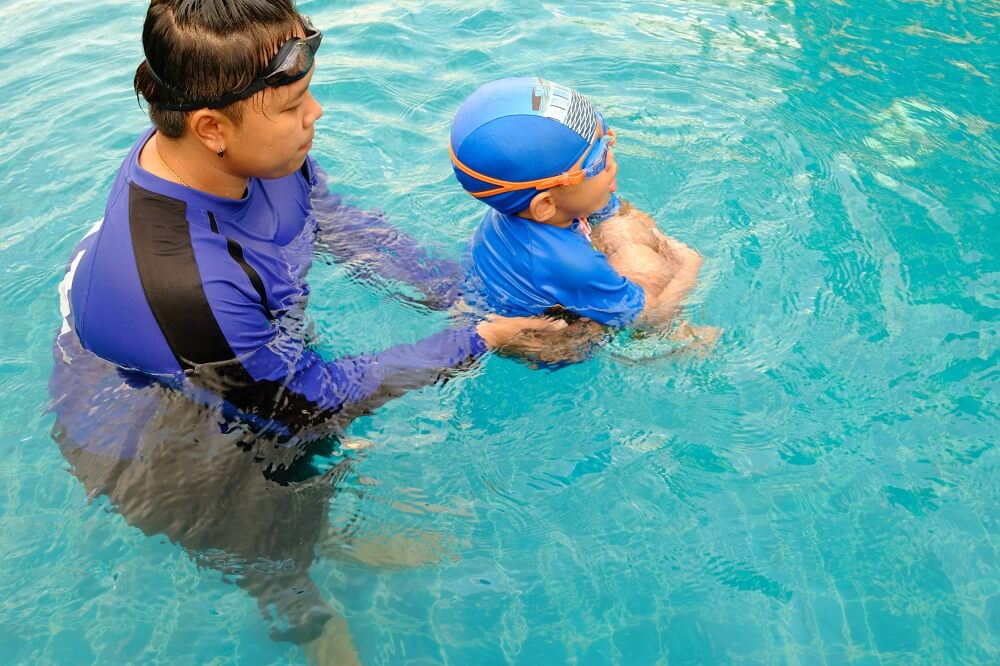Can Coronavirus Spread at the Pool?
Some people, especially avid swimmers, have concerns that the coronavirus (otherwise known as COVID-19) might be able to spread through water. The good news is, according to the Centers for Disease Control and Prevention (CDC), there is no current evidence to support those concerns. The bad news is that finding a place to swim regularly for many people means violating safe social distancing practices. Going to a pool at the local gym would mean passing by lockers, equipment, benches, and other surfaces that several other people have touched. Swimming in open water such as a river or a lake is not recommended if swimming alone, but puts people at risk of infection if they go in groups. It is difficult to know the appropriate route to take.
What We Know About Coronavirus
According to the World Health Organization (WHO), the coronavirus is an infectious respiratory illness. This means that it is airborne and can be transmitted through spit and mucus droplets after sneezing, shaking hands, or touching surfaces that an infected person has touched. It gets into the body through the viral transmission sites: e, eyes, and mouth. Therefore, people are being advised to wash their hands frequently, thoroughly sanitize surfaces, and avoid touching their faces.
According to Roberta Lavin, professor of medicine from University of Tennessee College of Nursing, swimming itself is likely one of the safer activities that can be done during this time. There is no evidence that the virus spreads through water, and the proper amount of chlorine and other chemicals in the pool will kill the virus. Proper pool maintenance is as important now as it has ever been. However, the issue comes when attempting to comply with social distancing.
How to Reduce Risk and Stay Safe
Many communities have begun to loosen their social distancing recommendations and restrictions while others are continuing to remain cautious. If you are in an area where the regulations are being relaxed, it is crucial that you continue to follow safe social distancing guidelines to reduce your risk of contracting the virus.
Practice good hygiene.
As always, shower before and after entering the swimming pool. Wash your hands after touching public surfaces and avoid touching your face.
Remain six feet away from others.
Do not swim near other people if you are in a shared pool. Avoid touching hard surfaces as much as possible such as the edge of the pool and ladders unless you are using it to assist you with entering and exiting.
Pay attention to your body.
If you are experiencing any negative respiratory symptoms whatsoever, do not go to a shared swimming pool (or out in public at all). It is important that you do everything in your power to keep yourself and others safe.
Coronavirus and the Pool
Before deciding to go swimming in a shared pool, be sure to check your community’s current social distancing regulations. While it is unlikely that coronavirus can spread in the pool water itself, there are several risks to consider. Practice recommended safety guidelines, and avoid going swimming in a pool, river, or lake if appropriate social distancing is not feasible.



